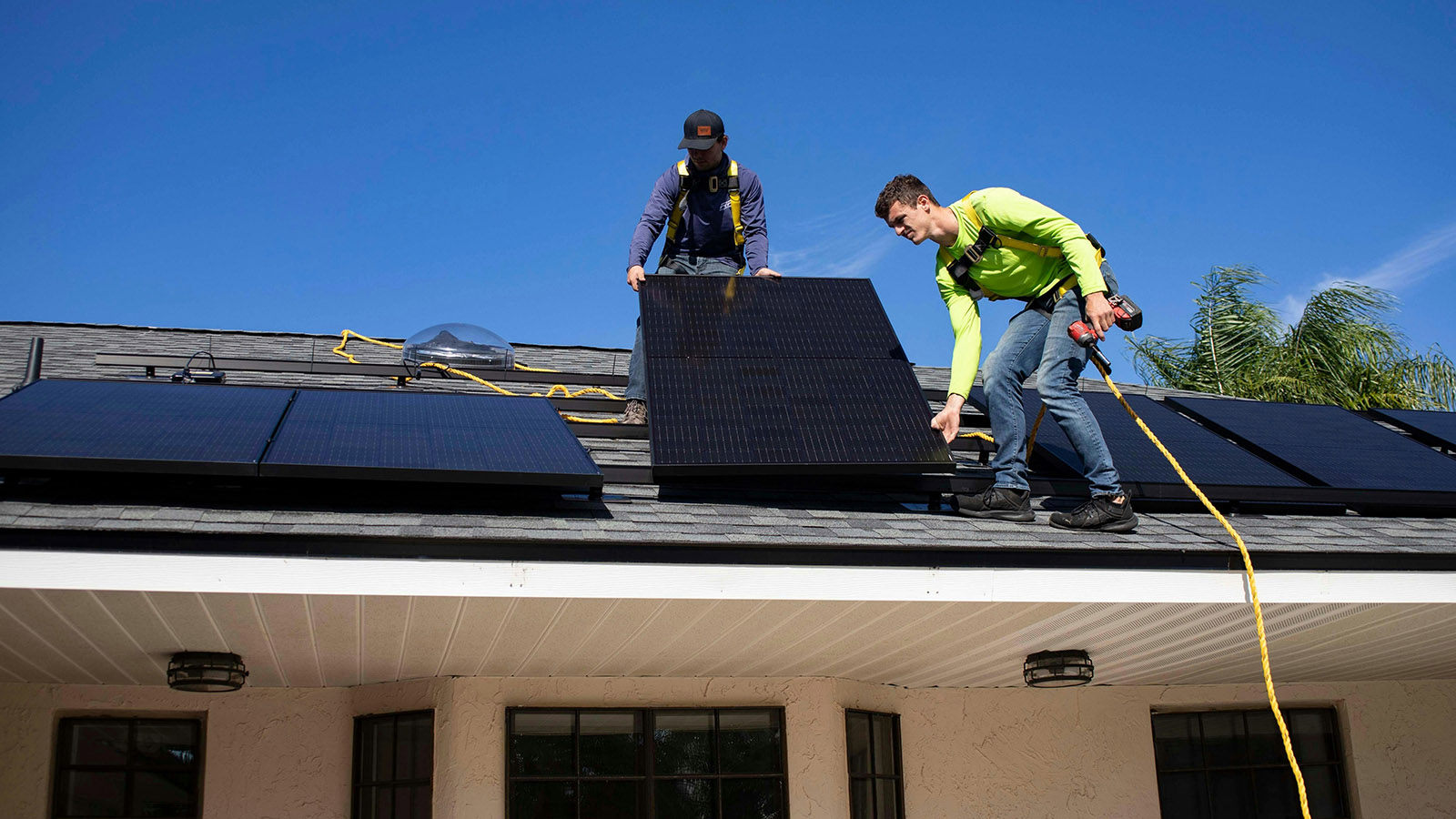Renewable Energy Jobs tagged "Piping Engineering"
-
-
On-site Full Time A day ago
-
On-site Contract Position 2 days ago
-
On-site Internship A day ago
-
ExpiredDenver, Colorado, United StatesOn-site Full Time A day agoUSD 21–23 per hour
-
ExpiredSuzhou, ChinaOn-site Full Time 23 days ago
-
ExpiredDenver, Colorado, United StatesOn-site Full Time 29 days ago
-
ExpiredPeekskill, New York, United StatesOn-site Full Time 29 days agoUSD 25–34 per hour
-
ExpiredPeekskill, New York, United StatesOn-site Full Time 29 days agoUSD 24–29 per hour
-
ExpiredRock Tavern, New York, United StatesHybrid Full Time 37 days ago
-
ExpiredRock Tavern, New York, United StatesHybrid Full Time 37 days ago
-
ExpiredBengaluru, IndiaOn-site Full Time More than 3 months ago
-
ExpiredAlameda, California, United StatesOn-site Full Time More than 3 months agoUSD 134k–158k yearly
-
ExpiredNavi Mumbai, IndiaOn-site Full Time More than 3 months ago
-
ExpiredBaltimore, Maryland, United StatesOn-site Full Time More than 3 months agoUSD 33 per hour
Piping Engineering in Renewable Energy
Piping engineering is a critical discipline within the renewable energy sector, focusing on the design, installation, and maintenance of piping systems that transport fluids and gases essential for energy production. This role is particularly relevant in sectors such as bioenergy, geothermal, and hydropower, where efficient fluid transport is crucial.
Typical Responsibilities
Piping engineers in renewable energy projects are responsible for designing piping layouts, selecting appropriate materials, and ensuring compliance with industry standards. They oversee the installation and testing of piping systems, coordinate with other engineering disciplines, and manage maintenance schedules to ensure optimal performance. Their work often involves collaboration with civil engineering teams to integrate piping systems into broader infrastructure projects.
Required Skills and Qualifications
Professionals in this field typically hold a degree in mechanical or civil engineering and possess strong analytical and problem-solving skills. Familiarity with industry standards such as ASME and API is essential, along with proficiency in CAD software for designing piping systems. Soft skills like communication and project management are also valuable, as piping engineers often work in multidisciplinary teams.
Impact on Renewable Energy Projects
Piping engineering plays a vital role in ensuring the efficiency and reliability of renewable energy systems. By optimizing fluid transport, these engineers help maximize energy output and minimize operational costs, contributing to the sustainability and profitability of projects.
Industry Trends and Market Demand
The demand for piping engineers is growing as the renewable energy sector expands. Innovations in materials and design, such as the use of composite materials for corrosion resistance, are driving advancements in the field. As more projects incorporate hydrogen and other alternative fuels, the need for specialized piping systems is expected to increase.
Career Opportunities and Pathways
Career opportunities in piping engineering range from entry-level positions to senior roles such as lead piping engineer or project manager. Professionals can advance by gaining experience in specialized areas like thermal energy systems or by pursuing certifications in project management or advanced engineering techniques.
Examples of Real-World Applications
Companies like Greenlane Renewables and Geothermal Engineering Ltd employ piping engineers to develop and maintain systems that support their renewable energy projects. These roles are crucial in ensuring the safe and efficient operation of facilities that convert natural resources into clean energy.
Challenges and Future Directions
Challenges in piping engineering include addressing material degradation and ensuring system integrity under varying environmental conditions. Future opportunities lie in the development of smart piping systems that integrate with smart-grid technologies, enhancing the efficiency and adaptability of renewable energy infrastructures.
Get Job Alerts
Get alerts for Piping Engineering jobs
Featured Jobs
Renewable Energy Blog Posts
-

Renewable Energy Forecast for 2030
By 2030, renewables are poised to supply nearly half of global electricity, with solar and wind leading this explosive expansion. In this data-driven piece, we explore job creation forecasts, supply chain bottlenecks, and policy hurdles. -

Fastest Growing Renewable Energy Sector: Data and Trends
In 2023, solar photovoltaics surged by 32.59%, officially making it the fastest-growing renewable energy source worldwide. Yet offshore wind, which soared by 57.87% in 2021, remains a formidable competitor in total electricity output due to its high capacity factor. This concise overview highlights how policy incentives, cost reductions, and manufacturing advances are propelling solar to the forefront of the global energy transition. -

Career Opportunities in Solar Energy
The solar energy sector is experiencing unprecedented growth, with over 7.1 million jobs in solar PV alone as of 2023. For professionals considering a career shift into renewable energy, solar offers pathways across R&D, manufacturing, project development, and operations.














